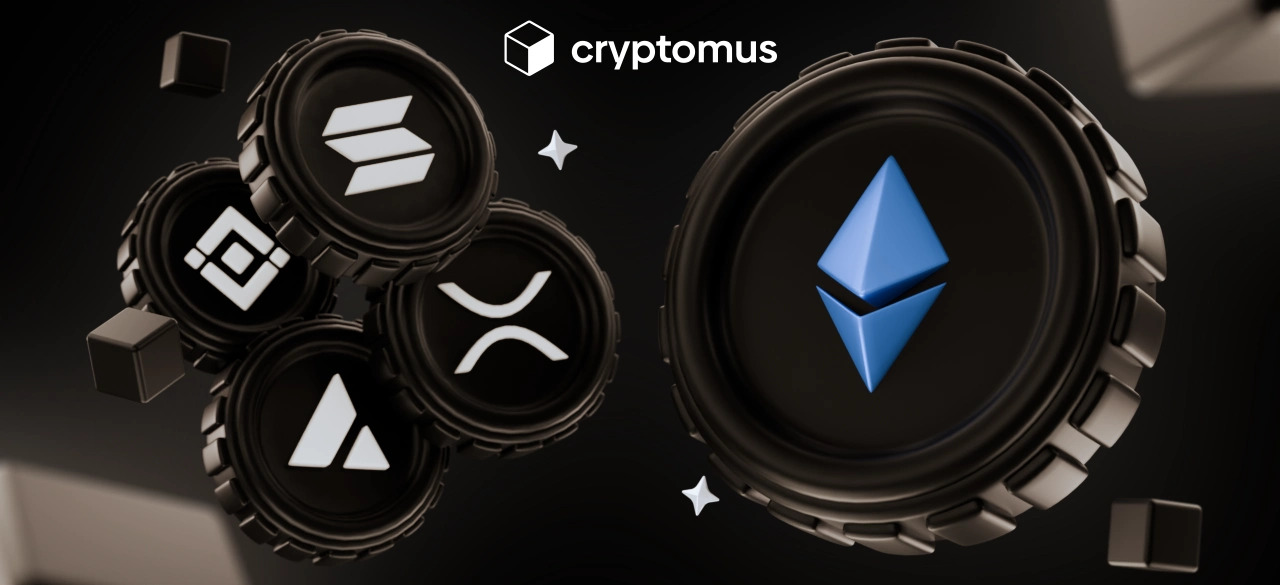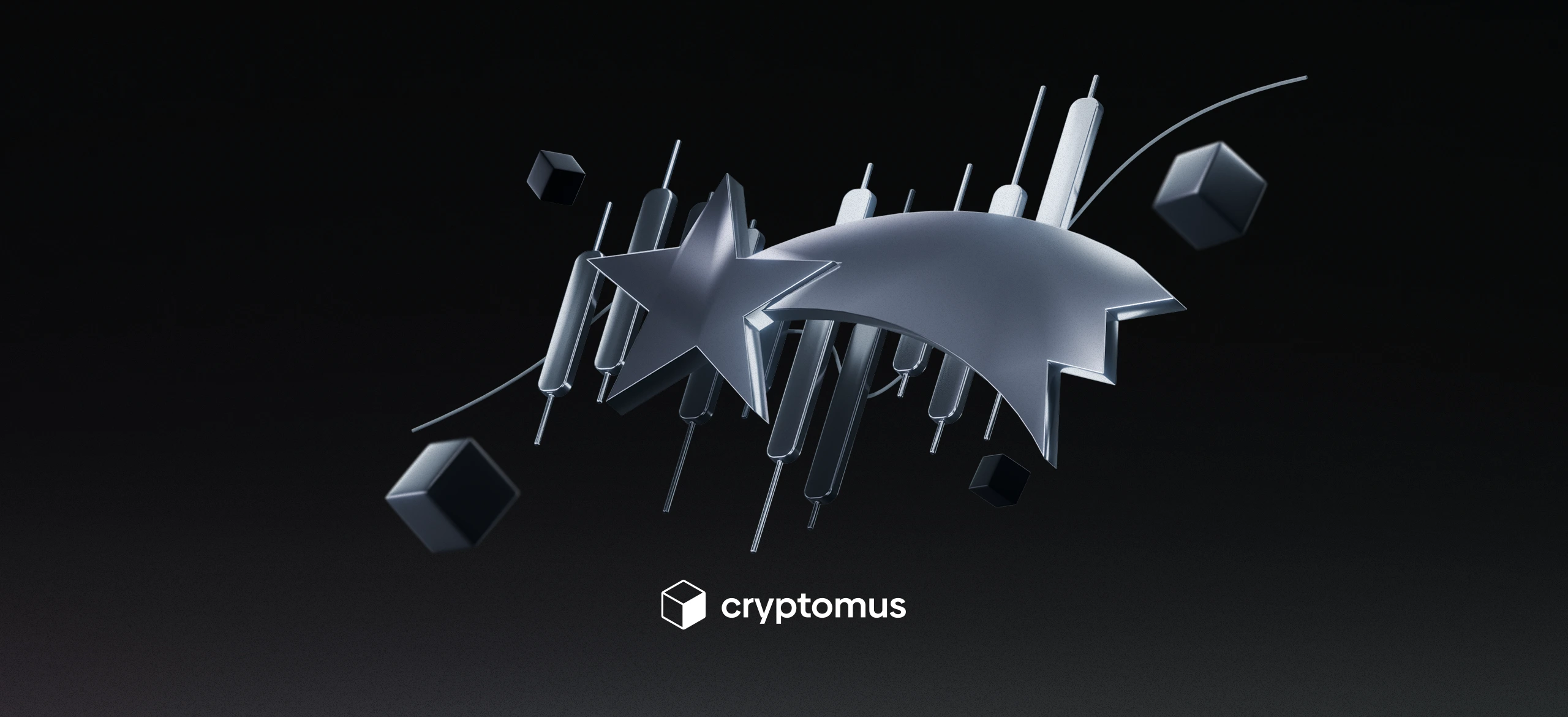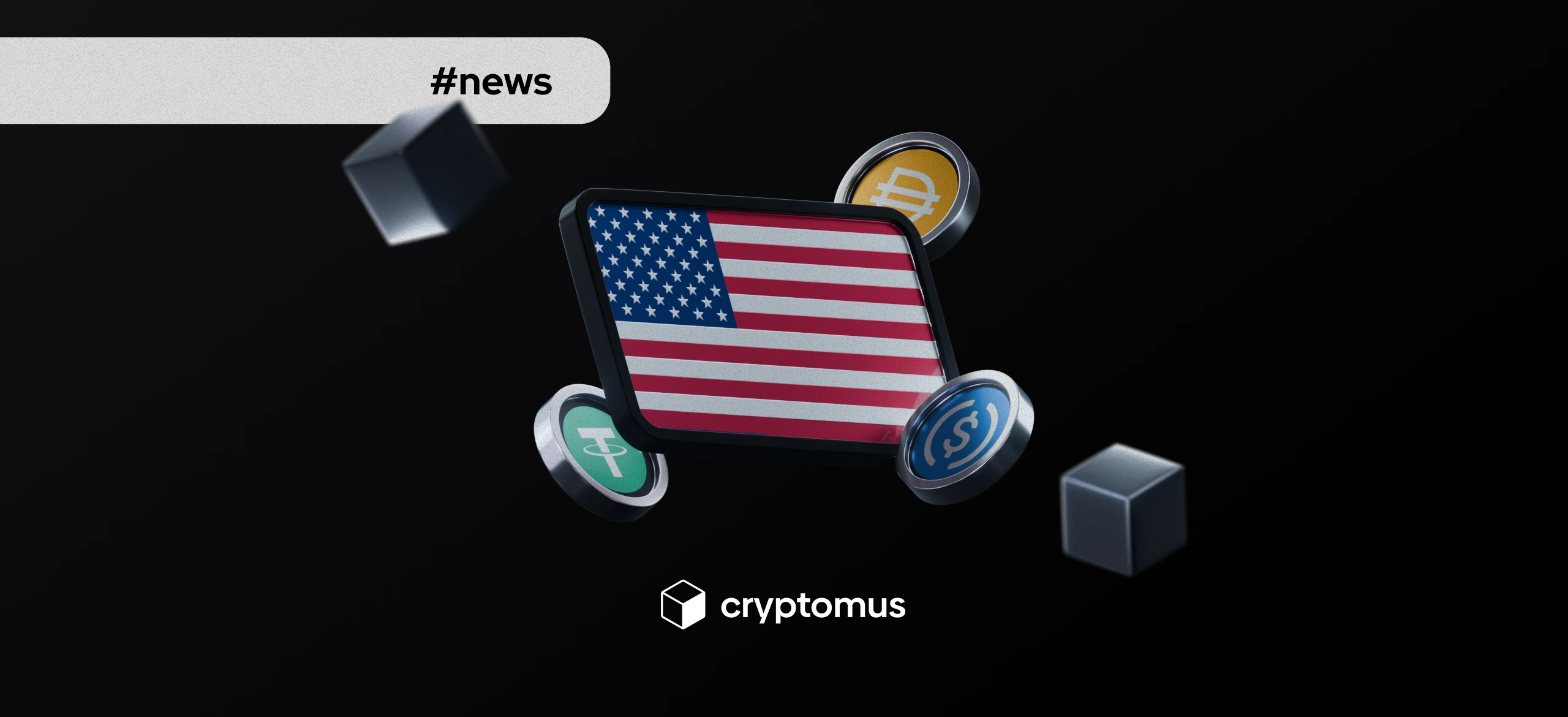
How To Accept Altcoin Payments
Table of Contents
The number of crypto investors is growing every day, so crypto payments are becoming a common solution for many companies. Most often, Bitcoin is used for this purpose as the most popular coin, but now there are a lot of companies that accept Altcoins. The list of Altcoins now includes more than 5,000 cryptocurrencies, with a market capitalization of 45%, and it is so important to be aware of this phenomenon on such a large scale.
In this article, we will tell you about the features of Altcoins as a way to accept payments and explain how to implement them correctly in your business.
Altcoins As A Payment Method: Pros And Cons
First of all, let's clarify what an Altcoin is. So, Altcoins (alternative coins) are all cryptocurrencies that were created after Bitcoin's emergence in order to enhance certain aspects of BTC, such as scalability, security, and cost-effectiveness. For example, the most popular Altcoins that have succeeded in it are Ethereum and Litecoin.
Like any financial transaction, accepting payments with altcoins has many advantages but also faces some challenges. Let's take a closer look.
Benefits Of Altcoins As A Payment Method
Altcoins are a convenient solution for accepting business payments due to their growing popularity and large reach. The main benefits include the following:
-
Global acceptance. Altcoins allow businesses to accept payments from anywhere in the world. This way, companies have the opportunity to increase their customer base.
-
Security and transparency. Since Altcoins are based on blockchain technology, all transactions with them are guaranteed to be secure. Payment records cannot be tampered with, so there is reliable accounting for every operation.
-
Faster transactions. Confirmation times for Altcoin transactions range from a few seconds to a few minutes on average, which is especially good for cross-border payments.
-
Lower commissions. Blockchain eliminates the need for intermediaries when making payments, so Altcoin payment fees are also lower. It can only vary depending on the crypto platforms used and network congestion.
Drawbacks Of Altcoins As A Payment Method
Although Altcoins are convenient for making payments and profitable to use, there are a few problems that can be encountered:
-
Limited acceptance. Despite Altcoins’ popularity, they are not accepted by all businesses. It is mainly associated with the companies’ adherence to traditional payment methods.
-
Uncertain regulatory framework. Limited acceptance of Altcoins is also related to some countries’ legislation where cryptocurrency is prohibited or has no clear regulatory rules. Therefore, you should first investigate this issue in your country: you can read about it in our guide.
-
Necessity of technical integration. Making and accepting payments in Altcoins requires the use of online services and relevant technical knowledge, which may entail costs for expert assistance and customization of systems.
-
Volatility. The value of Altcoins is subject to frequent fluctuations, which can be difficult to price and estimate.

Ways To Accept Altcoin Payments
As we have already said, accepting Altcoin payments requires technical integration. There are several ways it can be done, so there is an opportunity to choose the most suitable and easy option:
1. Crypto Payment Gateways. Platforms such as BitPay, Coinbase Commerce, or Cryptomus provide the ability to integrate with e-commerce platforms and convert Altcoins to fiat currency if necessary. For example, the Cryptomus payment gateway allows you to generate APIs and integrate various plugins and applications into the work, as well as use QR codes for payment. Using this platform, you can be sure of the payments’ reliability, because it provides strong protection measures such as AML and 2FA.
2. Wallets. The method involves direct payments through Altcoin wallets. In this case, it is enough to provide customers with the address of your personal or business wallet or its QR code for payment.
3. Invoicing platforms. With the help of special sites, such as Request or Blockonomics, you can create and send Altcoin invoices to customers. These sites integrate with accounting software and allow payments to be converted to the desired currency.
4. Point of sale systems (POS). Customers can also pay with Altcoins using crypto cards at the points of sale. In this case, payments are made through terminals connected to POS systems such as Coinify or Pundi X.
These are the most common ways to accept Altcoin payments. There is one more option when companies with advanced technical capabilities develop customized solutions and integrate them with existing systems. Anyway, you will be able to make Altcoin payments efficiently by choosing one of these methods.
How To Choose A Payment Provider?
When choosing a payment provider for your business, you should consider several factors that will be crucial to your transaction's effectiveness. Here they are:
-
A wide variety of Altcoins. Make sure that the provider you choose supports the Altcoins you need, and that it has a sufficient variety of coins in case you want to convert.
-
Commissions. Choose a platform that charges low fees without compromising on the service quality.
-
Usability. The platform should provide an optimized checkout process for both desktop and mobile versions. Moreover, there should be a 24/7 support team.
-
Security. The platform should have a good reputation and provide several layers of fraud protection.
-
Easy integration. Work with a provider that offers an easy integration process with your platform and has good developer support.
How To Integrate Altcoin Payments?
Once you have chosen the provider of your Altcoin payments, you can start integrating them. The implementation process involves several steps, and we tell you about it using payment gateways as an example:
-
Step 1: Sign up for a payment gateway. Create an account on the platform, and register it as a business one. This process usually takes no more than 15 minutes. And to do it right, follow the instructions provided.
-
Step 2: Integrate the gateway with your platform. Use the APIs or plugins that the chosen gateway offers to integrate with your e-commerce platform. It will allow you to accept Altcoins right on your website.
-
Step 3: Customize your payment settings. Go to the payment settings, and select the Altcoins you plan to accept. You can also link crypto wallets to a payment gateway to fund your account directly.
-
Step 4: Test the integration. Before launching, test the payment process to make sure everything is working well. Check all steps, from accepting payments to withdrawals. After setting everything up, prepare instructions and FAQs for your clients: this information will help them better navigate the payment process. What is more, it will be especially helpful for newcomers who do not know how Altcoin payments work.
Accepting Altcoin payments is a strategic move that can significantly expand your customer base and grow your business. It is important to take all security measures because the cryptosphere is always at risk of fraudulent attacks. To be sure that your payment processes are secure, choose a reliable provider with a positive reputation in the market and an extended working base.
We hope you found our guide useful, and now you will be able to integrate Altcoin payments into your business. And if you have any questions about the topic, feel free to ask them in the comments below.
Simplify Your Crypto Journey
Want to store, send, accept, stake, or trade cryptocurrencies? With Cryptomus it's all possible — sign up and manage your cryptocurrency funds with our handy tools.
Get Started









